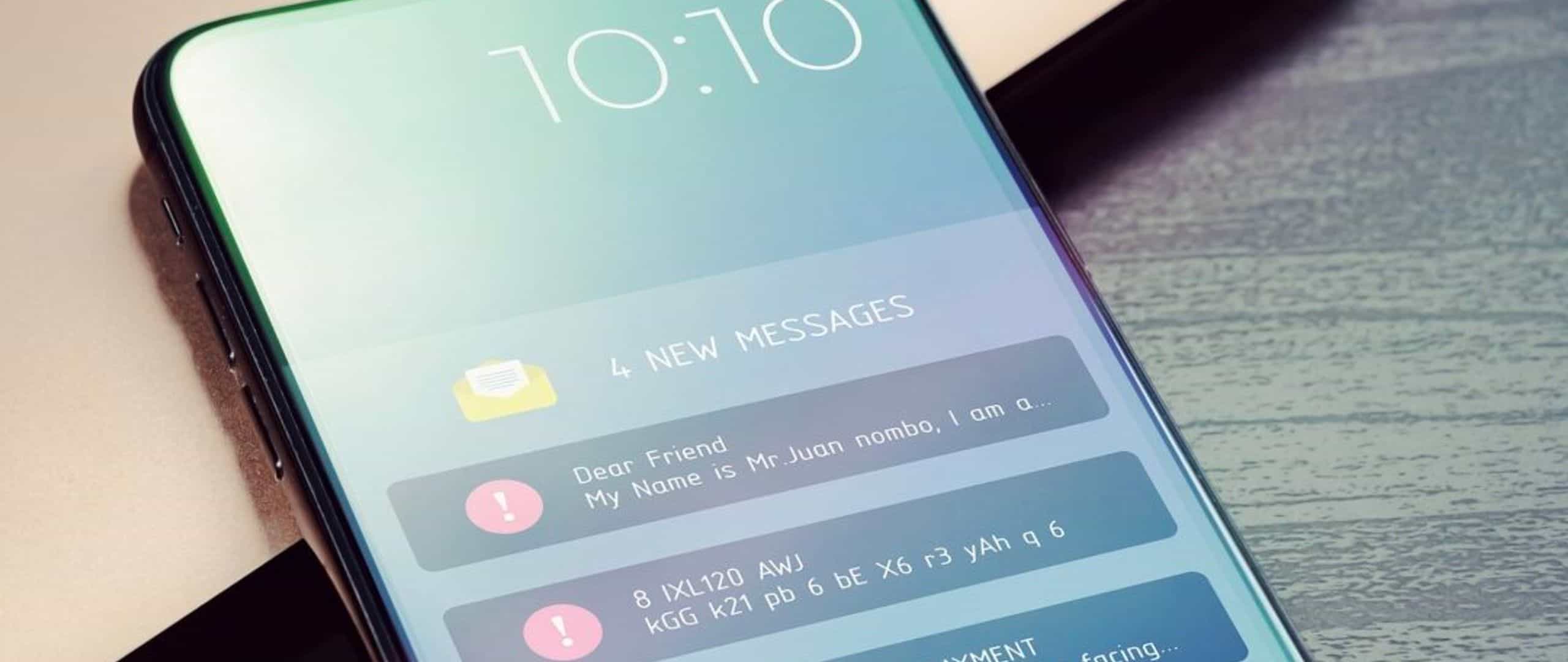Savvy Scammers
Scammers are getting more digitally savvy but there are ways to keep your identity and finances secure. The Social Security Administration sent out an email on March 9th, National Slam the Scam Day, listing the 4 P’s that will alert you to a potential scam in email, text, or social media messaging. The 4 P’s are;
- Scammers pretend to be from a familiar organization or agency, like the Social Security Administration. They may email attachments with official-looking logos, seals, signatures, or pictures of employee credentials.
- Scammers mention a problem or a prize. They may say your Social Security number was involved in a crime or ask for personal information to process a benefit increase.
- Scammers pressure you to act immediately. They may threaten you with arrest or legal action.
- Scammers tell you to pay using a gift card, prepaid debit card, cryptocurrency, wire, or money transfer, or by mailing cash. They may also tell you to transfer your money to a “safe” account.
Individuals and businesses are equal opportunity targets for scammers. The “family emergency imposter”graduated from phone calls to texts and social media messaging. Instead of giving a potential stranger credit card info over the phone or sending them money via PayPal, call the family member that is allegedly in trouble before reacting.
Amazon scams commonly involve an iPhone that was purchased on the individual’s account. The recipient is given a phone number to call to verify their information, or they’re called by a fake Amazon representative who tells them about the iPhone purchase and asks for personal information. It’s easy to check if you ordered something on Amazon. Just log onto your account and look at your orders. It’s also easy to find out if something has been charged on a credit card. Look at the back of your card and call the number listed. Never give anyone personal information over the phone.
Business owners and managers are receiving fake invoices from scammers. The emails include invoices to download but, just like the rule of links, never download a file you weren’t expecting. Check the email address an invoice was sent from, and make sure it is a real email address. If you’re unsure, look the vendor up in your files and call them.
The bottom line is, to avoid being scammed you need to take a moment to read digital messages thoroughly before clicking or downloading anything.
